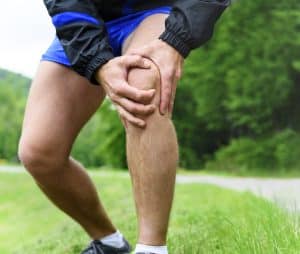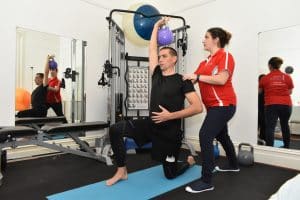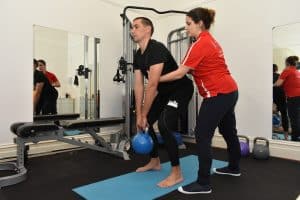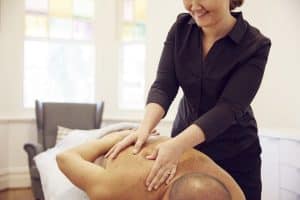Spring into Spring with these preventative tips for injury free exercise!
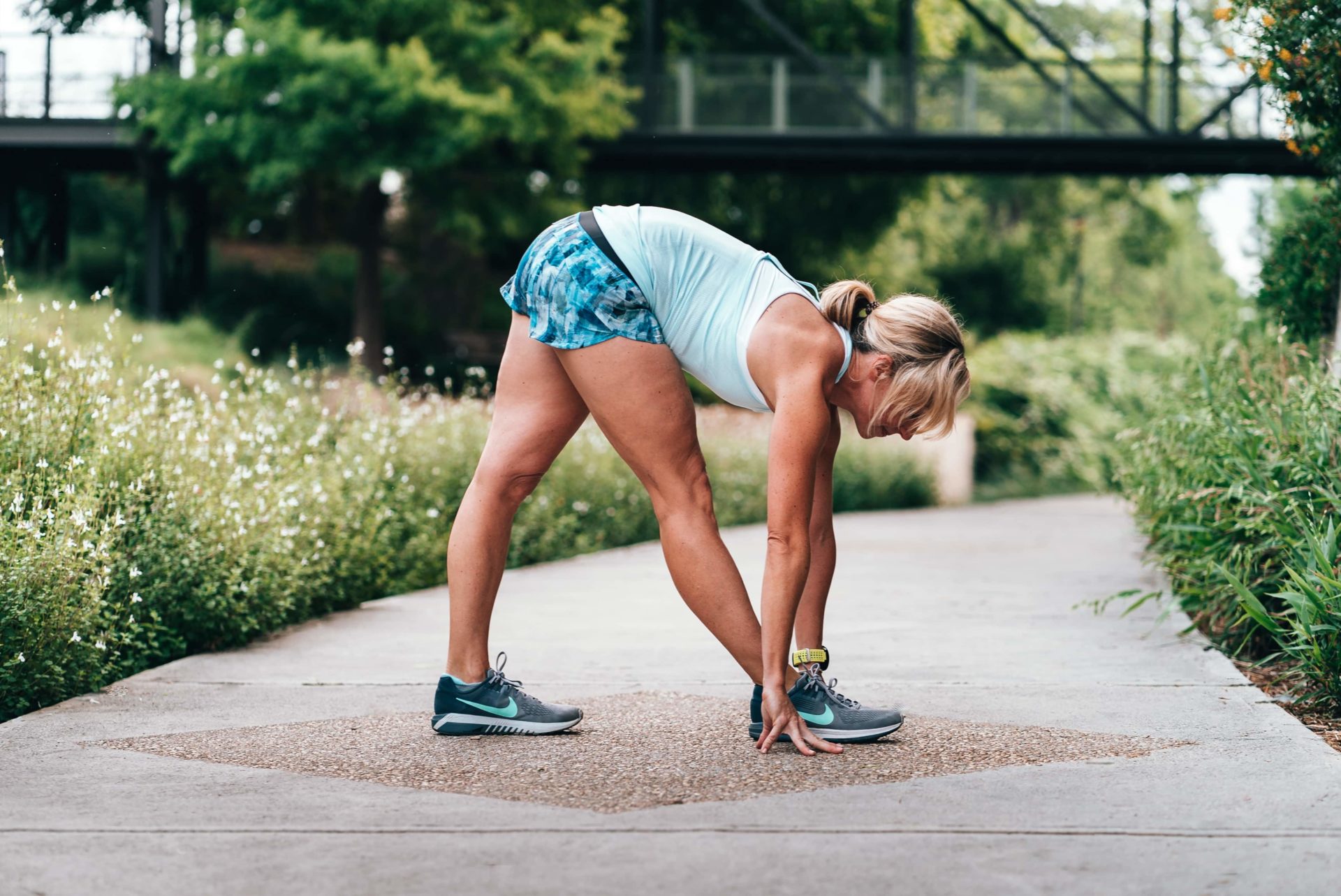
Spring is in the air and now is the time to reclaim your health!
When the weather warms up and the winter layers come off, now is the perfect time to start making some little changes to start to see long-term benefits and to get that body ready for summer, however, you need to be mindful when doing so to prevent injuries.
Throughout the Spring months, St George Health tends to see a higher number of fitness-inspired injures. That’s because the weather is warmer and the old, winter couch potato has decided to throw off the doona and is out there full steam ahead to get fit and summer-ready.
A lot of people tend to go for the fitness camp-style exercise programs because they are motivational, structured, economical and full-on, so you feel like you’re actively doing something and don’t get us wrong, they are great places to get fit, but also potential sources of training ending in injuries. We’re not telling you to not do them, just not go into one like a bull at a gate in the first week and then injure your back or neck and disappear for the rest of summer.
Follow these tips prevent an injury from happening when exercising:
1. Start slowly; Be careful in the first few weeks with any exercise program where you are pushed to go beyond your comfort level. Increasing levels of fatigue are associated with a higher risk of injuries. Give yourself a month of steady exercise before starting to raise the intensity up to a higher level.
2. Don’t ignore physical pain; not the type of pain from tired muscles from exercise but sharp pinching pain during exercise or aching pain after working out. Part of the attraction of these social forms of exercise is their ability to motivate people to attend multiple classes a week. This is a double-edged sword as you feel this pressure to keep going even when you’re injured. Pull out straight away, and if pain persists beyond a few days come and see someone like an Osteopath.
3. Focus on technique; quality over quantity is important when starting out. It’s a no-brainer but most exercise injuries are due to technique failings. Technique is paramount when avoiding injury. In the first month of an exercise program give it extra focus and pay close attention to detail. It will pay dividends later, when you can push harder, for longer without injury.
4. Look at incorporating a gentle flexibility routine to your training; this allows your body to work out its stiff spots and help you operate on them better.
5. Seek advice from an Exercise Physiologist; a university-qualified allied health professional specializing in the benefits of exercise to help you get fit for all-around good health.
6. If all else fails use massage or Osteo to help you manage through high impact training; in general we are big fans of high-intensity training programs but they need to be done under the right conditions.
Our team of allied health professionals are here to listen and take the time to get to the bottom of your pain. Call the clinic on 9553 9823 or book online.
Make an appointment.
Use our convenient online booking or contact us direct.


